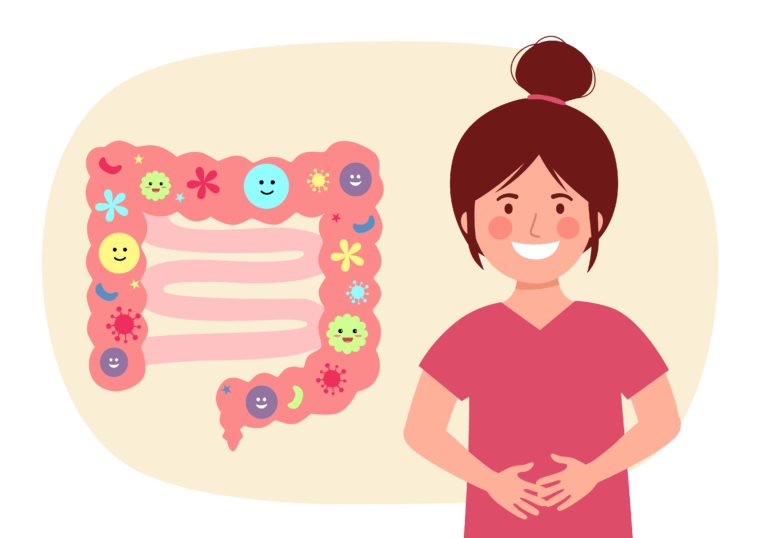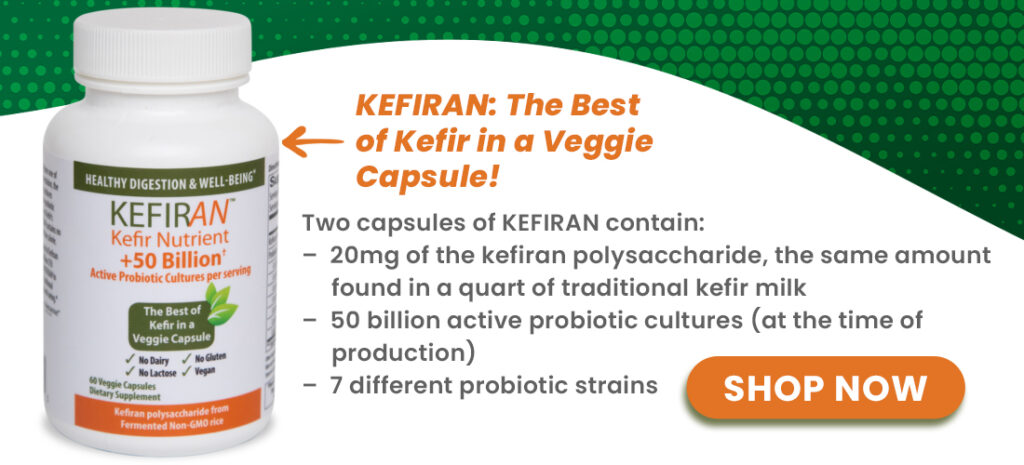Digestive Health
The Gut-Mood Connection: Healthy Gut, Healthy Mood?
The gut-mood connection is gaining attention as more people discover how their digestive health might influence their mental well-being. While it’s long been known that a balanced diet supports physical health, growing research suggests that what happens in your gut can also shape your mood, emotions, and even stress levels.

Understanding the Gut-Mood Connection
The term gut-mood refers to the communication between your digestive system and your brain—a system often referred to as the gut-brain axis. This connection is facilitated by a complex network of nerves, hormones, and biochemical messengers. Interestingly, about 90% of serotonin, a key mood-regulating neurotransmitter, is actually produced in the gut, not the brain.
Inside your digestive tract lives the microbiome—a vast community of bacteria, fungi, and other microbes. These microorganisms don’t just help digest food; they also produce compounds that can impact brain function and emotional health. When this microbial ecosystem is balanced and thriving, it may promote a more stable and positive mood. On the flip side, an unhealthy gut could be linked to feelings of anxiety, irritability, or fatigue.
Signs Your Gut Might Be Affecting Your Mood
If you’ve been experiencing low energy, brain fog, or mood swings without an obvious cause, your gut could be playing a role. Common signs of an imbalanced gut include bloating, irregular digestion, sugar cravings, and skin issues. These physical symptoms often coincide with emotional ones, highlighting the gut-mood interplay.
Nourishing Your Gut to Support Your Mood
Improving your gut health doesn’t require complicated interventions. In fact, small lifestyle changes can make a significant impact on both digestion and emotional balance. Here’s how to begin:
1. Eat with Your Gut-Mood in Mind
Start by feeding your microbiome what it loves: fiber-rich, whole foods. Vegetables, fruits, legumes, whole grains, and fermented foods like yogurt, kefir, kimchi, and sauerkraut are all excellent choices. These foods help promote the growth of beneficial gut bacteria, which may, in turn, support a more positive mood.
Avoid overly processed foods, artificial sweeteners, and excessive sugar, as these can negatively affect your gut flora. Choosing a gut-mood-friendly diet means focusing on real, nutrient-dense foods that nourish both body and mind.
2. Move Your Body, Boost Your Mood
Regular physical activity doesn’t just tone muscles, it also supports gut health. Exercise can help stimulate the movement of the digestive system and encourage a diverse, balanced microbiome. It also triggers the release of endorphins, our natural mood enhancers, making movement a powerful gut-mood ally.
Even moderate activities like walking, yoga, or cycling for 30 minutes a day can contribute to noticeable improvements in both digestion and emotional well-being.
3. Prioritize Restorative Sleep
Your gut and your brain both need quality sleep to function at their best. Poor sleep can disrupt your microbiome, which may, in turn, affect your mood. You should shoot for 7 to 9 hours of uninterrupted rest each night, and try to maintain a consistent sleep schedule. Establishing a calming nighttime routine like reading, meditating, or gentle stretching can signal to your body that it’s time to wind down.
A good night’s sleep supports the gut-mood connection by allowing your body to repair and restore its systems, including those that regulate mood and digestion.
4. Consider Gut-Friendly Supplements
While food should always be the foundation, certain supplements may support a healthy gut-mood balance. Probiotics, which are beneficial bacteria, can help repopulate your gut with the microbes it needs to thrive. Prebiotics, found in foods like garlic, onions, and bananas, serve as food for these good bacteria.
If you’re exploring supplements, choose reputable brands and consider consulting a nutritionist or health professional for personalized guidance.
Cultivating a Balanced Gut for a Brighter Mood
The gut-mood relationship reminds us that emotional well-being isn’t just about what’s happening in the brain—it’s deeply connected to what’s happening in the gut. By making intentional choices around diet, movement, sleep, and supplementation, you can nurture your inner ecosystem and potentially improve your emotional resilience.
While this connection is still being explored, one thing is clear: supporting your gut is a powerful way to support your overall sense of wellness. A healthy gut doesn’t just feel good—it might help you feel good, too.
Sources:
Like? Share With Your Friends!

